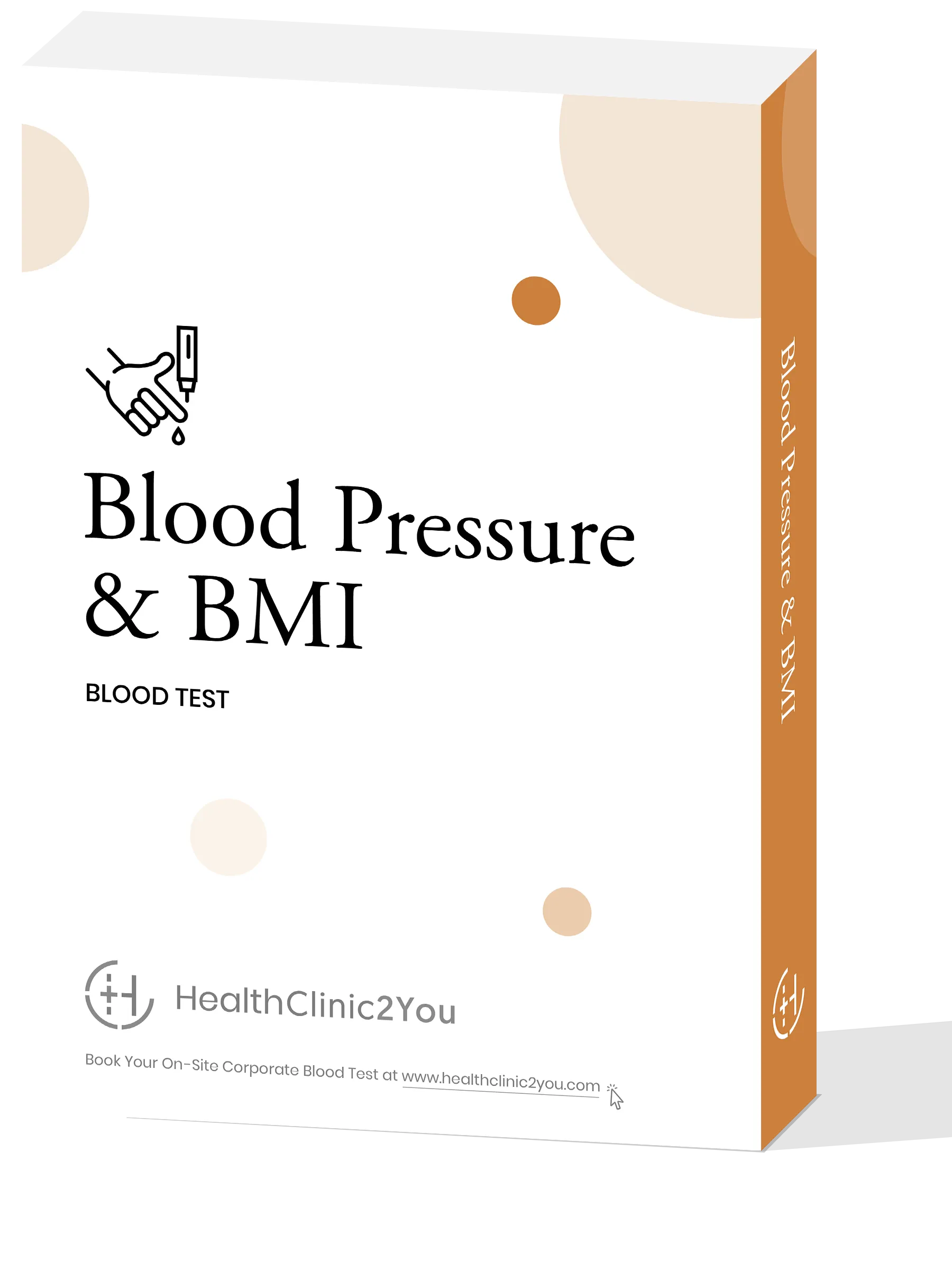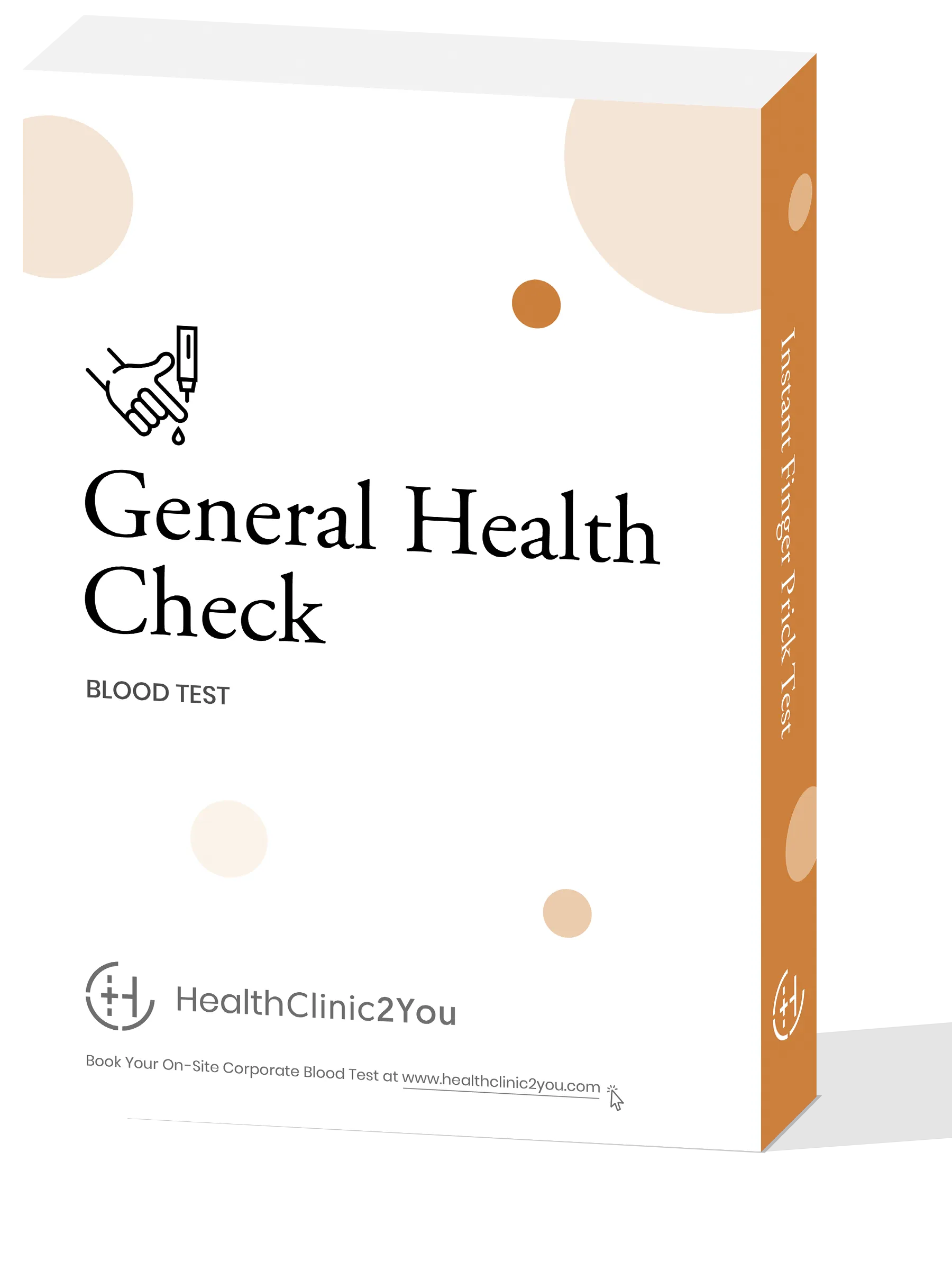Luteinizing Hormone
Hormones
Luteinising Hormone (LH) is a hormone produced by the anterior pituitary gland in the brain, crucial for sexual development and functioning in both men and women.
In women, LH regulates the menstrual cycle by triggering ovulation, the release of an egg from the ovary. Levels of LH fluctuate throughout the cycle, peaking just before ovulation. In men, LH stimulates the production of testosterone by the testes, essential for sperm production and reproductive health.
Assessing fertility: LH testing helps determine ovulation timing in women trying to conceive and evaluates testicular function and testosterone production in men, aiding in understanding fertility issues.
Diagnosing menstrual irregularities: Abnormal LH levels can cause irregular or absent menstrual cycles, important in diagnosing conditions like polycystic ovary syndrome (PCOS) or amenorrhea.
Evaluating pituitary function: Abnormal LH levels may indicate pituitary gland issues, relevant in diagnosing pituitary disorders.
Monitoring hormone replacement therapy: LH levels monitor hormone replacement therapy effectiveness, especially in menopausal symptoms or hypogonadism.
Understanding puberty: Abnormal LH levels in children can indicate early or delayed puberty, guiding further investigation and management.
Effects on men:
Testosterone production: LH stimulates testicular Leydig cells to produce testosterone, crucial for sexual development, libido, muscle mass, bone density, and mood regulation.
Fertility: LH is essential for spermatogenesis, working with follicle-stimulating hormone (FSH) to ensure proper testes development and function, impacting sperm production and quality.
Pubertal development: Increased LH levels during puberty trigger secondary sexual characteristics development. Abnormal LH levels can lead to pubertal issues.
Bone health: LH indirectly affects bone density through testosterone regulation, impacting osteoporosis risk.
Psychological and cognitive effects: Testosterone influenced by LH can affect mood, libido, and cognitive function.
Metabolic effects: Testosterone, influenced by LH, impacts metabolism, body composition, and fat distribution, affecting metabolic health and obesity risk.
Abnormal LH levels can indicate hypogonadism, pituitary gland disorders, or testicular issues, emphasizing the importance of balanced LH levels for men’s overall health.
Note: This is only tested in the Well Woman blood test.
Available Blood Tests







